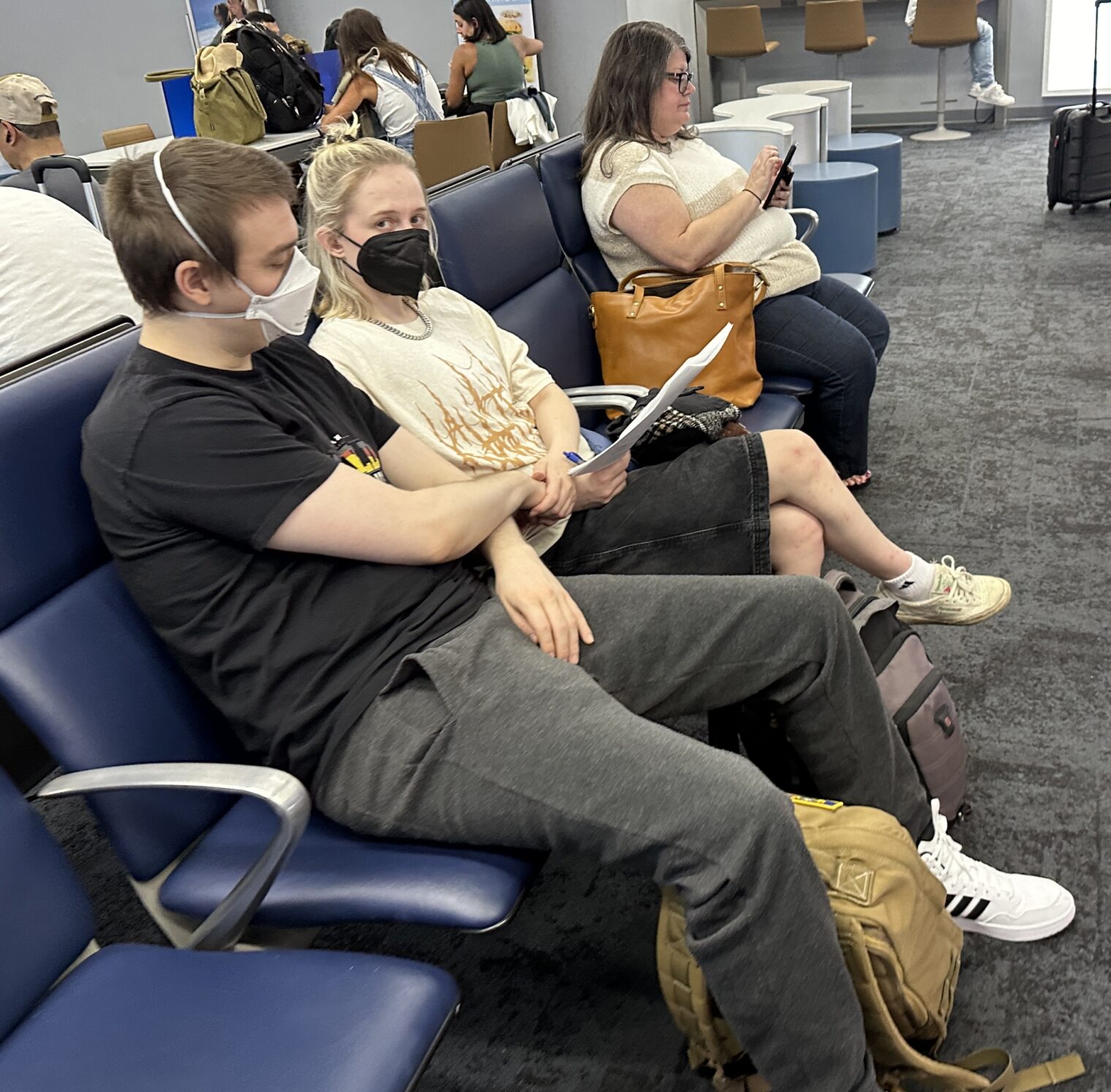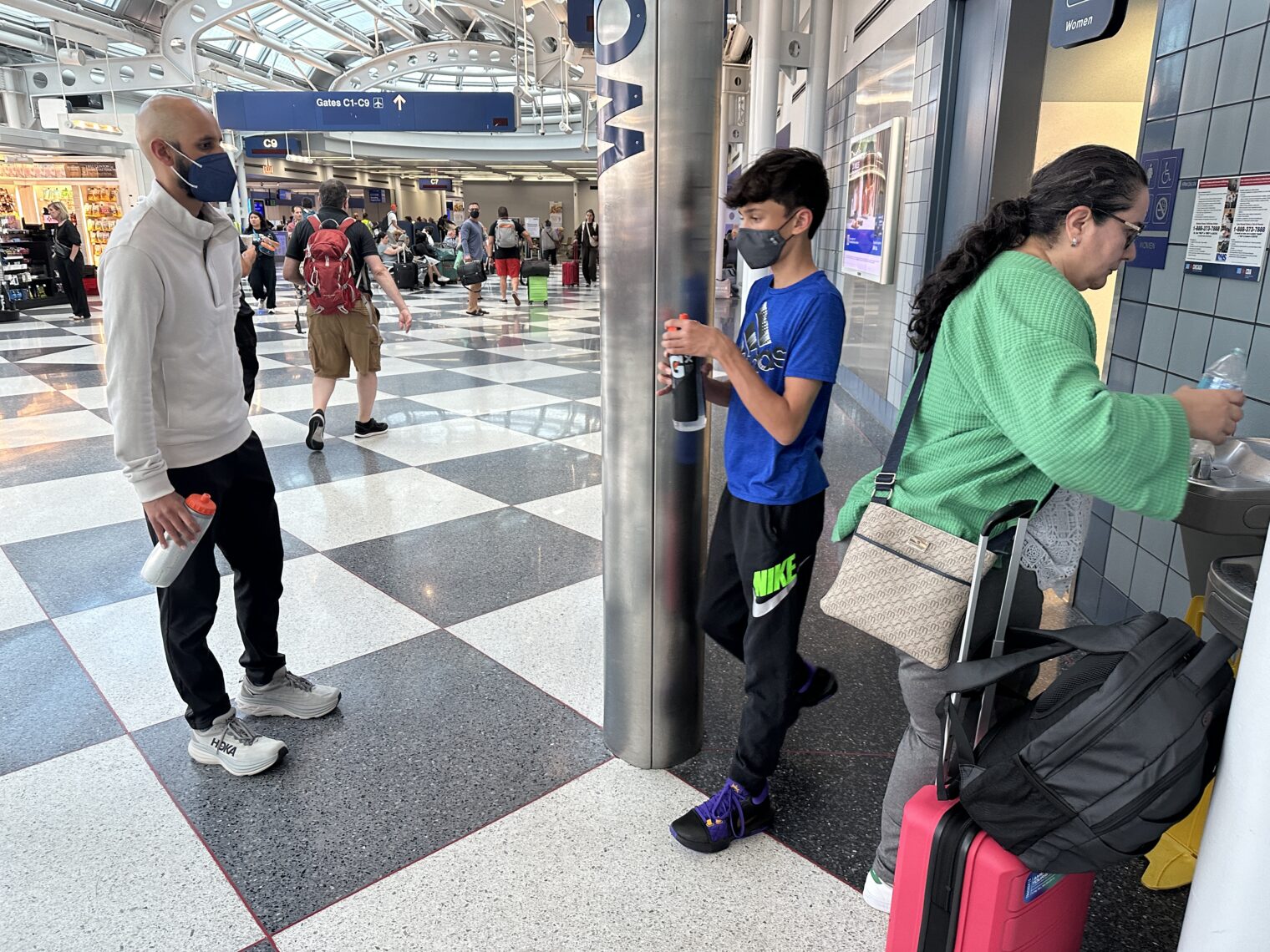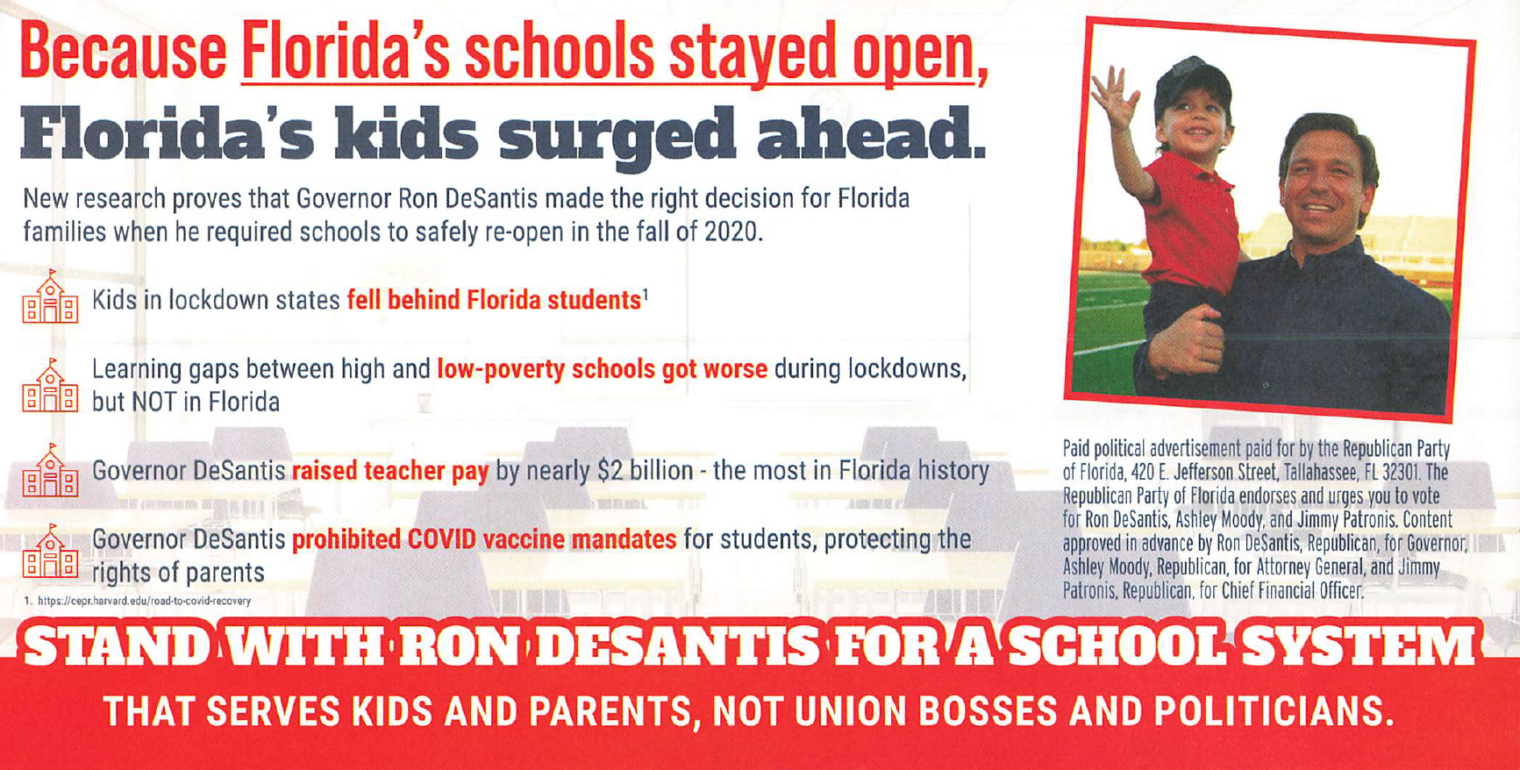What do Democrats dream about now that vaccine passports are passé?
The big Democrat dream in 2021 was a segregated society in which Deplorables who refused to vaccinate their 8-year-olds against a virus that kills 82-year-olds would be excluded. See, for example, Vaccine papers checks in the Cradle of Liberty (December 2021, regarding Boston’s order that 5-year-olds be imprisoned at home if they weren’t injected with a non-FDA proved medicine (“emergency authorized” only)).
What’s the dream now? Excluding people who refuse to vote from public entertainment. Here’s a Facebook post from a San Franciscan who was previously an advocate for lockdowns, more severe lockdowns, vaccine requirements to hold jobs, and masks:
While Taylor Swift’s endorsement should be quite pleasing for its targets, she should also state that there’s no admission to her next tour without an “I Voted” sticker. Get one from an adult voter if you’re too young to vote or not a citizen. Her fan demographic doesn’t have great voter turnout, and even though most won’t be able to get tickets to see her, all will not want to cut off the chance. Sure, some will get fake ones, and some will lose theirs and need a way to resolve that, but most of them will vote or encourage their adult friends to. Other rock stars could do the same. Even Kid Rock if he wants, it would generally be a good thing.
It’s great that jet owner Taylor Swift endorsed Kamala Harris. It is the perfect illustration of the divide between working class and elite Americans’ interests (2016 economic analysis). Low-skill immigration lowers wages for the working class, including all of the people who set up and clean up after her concerts, so she’ll keep a higher percentage of ticket revenue as profit. Low-skill immigrants aren’t going to move into any of the neighborhoods where Taylor Swift lives or get through her security bubble. If population growth via low-skill immigration clogs the highways, Taylor Swift is unlikely to be inconvenienced because she’ll have police escorts, helicopters, and private jets to get her to the next destination. If a low-skill immigrant does eventually rise into the middle class, that’s another customer for a concert ticket. A pop star can make more money in a larger country even as the daily experience of the typical citizen is degraded by overcrowding.
The original Facebook post as an image:
Full post, including comments
















